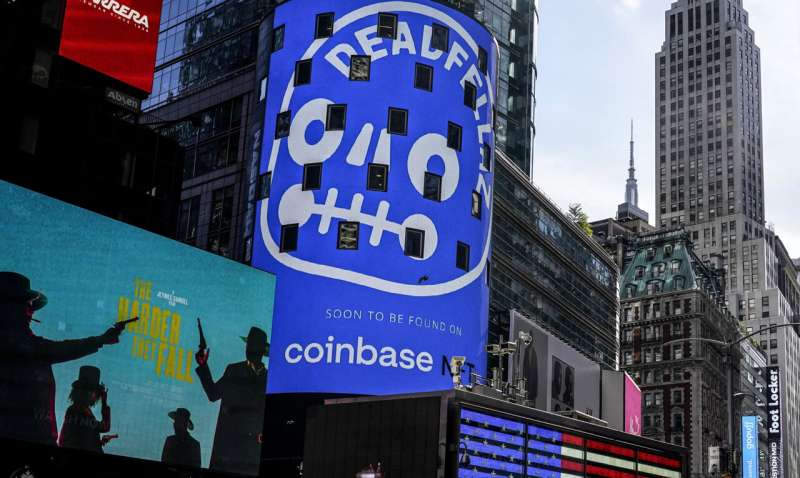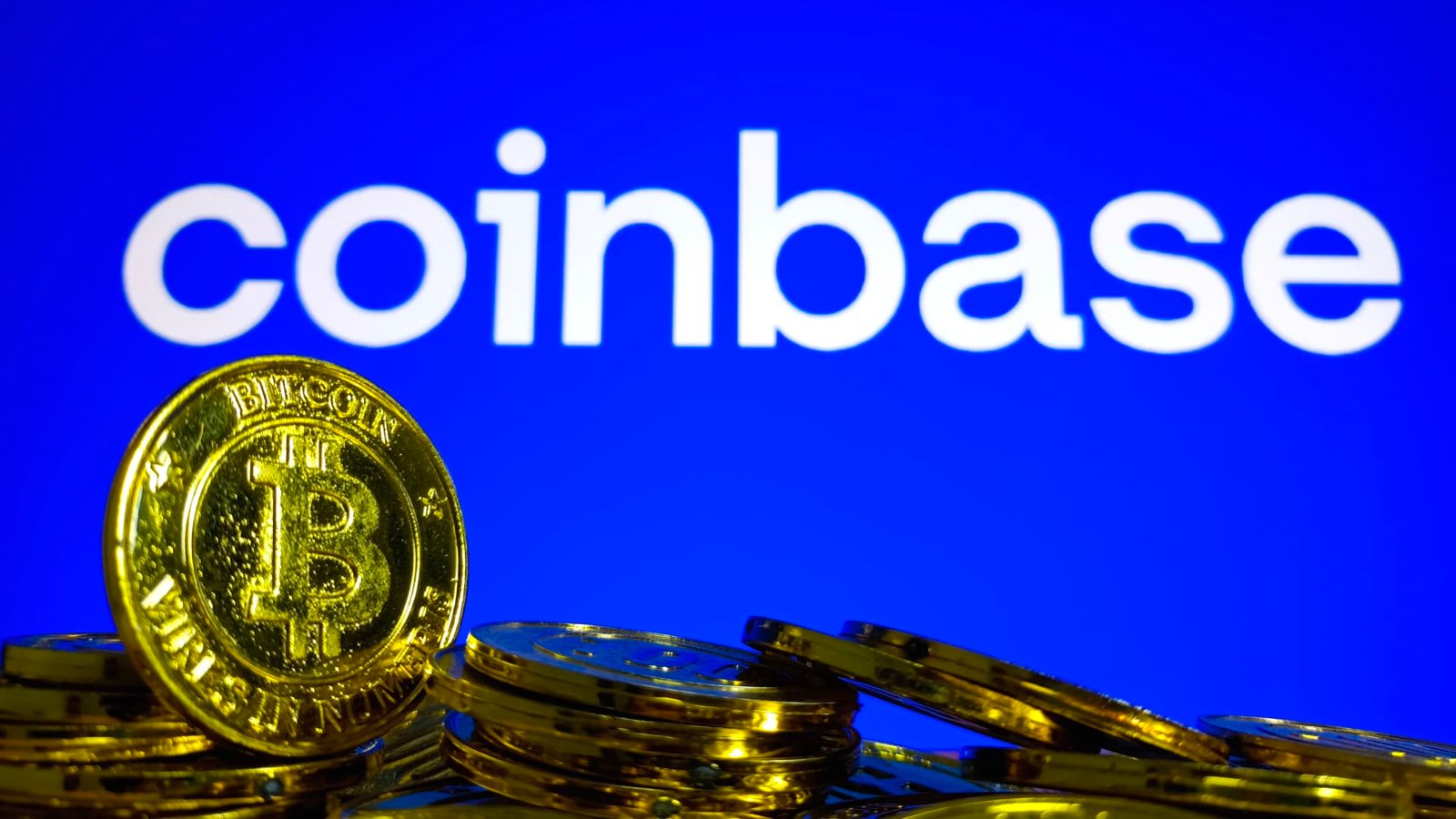Introduction: A Satirical Wake-Up Call for a Struggling System
Imagine a world where your bank account feels more like a trap than a tool—where fees pile up, access is limited, and the system seems rigged against you. This is the reality for millions in the UK, as highlighted by Coinbase’s viral video, “Everything is Fine,” which took a sharp, satirical jab at the nation’s financial woes. Far from just a clever marketing stunt, the video underscores a growing sentiment: traditional banking is failing many, and cryptocurrency might just offer a way out. In this article, we’ll explore the lessons from Coinbase’s bold campaign, why it resonates with everyday people, and how crypto’s unique strengths could reshape the financial landscape for the better.
The UK’s Financial Struggles: A System Under Strain
Rising Financial Vulnerability
The UK is grappling with a financial crisis that’s hitting hard. According to a 2024 report, 44% of UK adults—roughly 20.3 million people—are now financially vulnerable, a 16% jump since 2022. This means millions are struggling with high debt, relying on food banks, or turning to predatory payday loans just to get by. Younger adults are especially hard-hit, with a 45% spike in financial distress affecting 1.9 million people. These numbers paint a grim picture of a system that’s leaving people behind.

Why Traditional Banking Feels Broken
For many, traditional banks are part of the problem. High fees, slow transactions, and limited access to funds are common frustrations. If you’ve ever waited days for a bank transfer to clear or been slapped with unexpected charges, you know the feeling. Add to that the growing distrust in centralized institutions—especially after high-profile bank failures—and it’s clear why people are looking for alternatives. Coinbase’s video tapped into this frustration, using irony to highlight crumbling infrastructure and empty wallets while suggesting crypto as a fresh, transparent option.
Coinbase’s Viral Video: More Than Just a Laugh
A Bold Critique of the Status Quo
Coinbase’s “Everything is Fine” video, shared widely on platforms like X, isn’t just a meme-worthy jab. With a catchy tune and grim visuals of deteriorating homes and empty pockets, it exposes the cracks in the UK’s financial system. The campaign’s brilliance lies in its simplicity: it connects with everyday people who feel let down by banks. By framing crypto as a solution, Coinbase isn’t just selling a product—it’s sparking a conversation about financial freedom.
Why the Message Resonates
The video’s success comes from its relatability. It speaks to anyone who’s ever felt trapped by a bank’s fine print or struggled to make ends meet. Posts on X reflect this sentiment, with users like @SatoshiWatch noting that 47% of UK adults are financially vulnerable, amplifying Coinbase’s message. The campaign also highlights crypto’s core promise: decentralization, transparency, and control over your own money. For a generation raised on digital solutions, this resonates deeply.

Crypto’s Competitive Edge: What Sets It Apart
Decentralization: Power to the People
Unlike traditional banks, which rely on centralized control, cryptocurrencies operate on decentralized networks like blockchain. This means no single entity—like a bank or government—can freeze your funds or dictate terms. For someone stuck in a cycle of overdraft fees or loan rejections, this is a game-changer. Blockchain’s transparency also ensures every transaction is traceable, reducing the risk of hidden fees or shady practices.
Speed and Accessibility
Crypto transactions are often faster and cheaper than bank transfers, especially for international payments. While a bank might take days to process a cross-border transfer (and charge you for it), platforms like Coinbase can move funds in minutes. Plus, crypto is accessible to anyone with an internet connection, not just those with a bank account. This is huge for the 3.9 million UK adults surviving on credit, who might not qualify for traditional financial services.
Financial Inclusion for All
Crypto’s biggest strength is its potential to include the excluded. In the UK, zero-hour workers, families without savings, and those juggling multiple debts are often locked out of traditional banking. Coinbase’s platform, with its user-friendly interface and “earn while you learn” program, makes crypto approachable. Beginners can start small, learning about Bitcoin or Ethereum while earning rewards, all without needing a finance degree.

Lessons From Coinbase’s Campaign: A Roadmap for Change
Lesson 1: Speak to Real Problems
Coinbase’s campaign works because it addresses real pain points—poverty, debt, and distrust in banks. By framing crypto as a solution, it connects with people’s lived experiences. This teaches us that any push for crypto adoption must focus on solving tangible problems, not just hyping technology.
Lesson 2: Keep It Simple
The video’s clear, relatable message cuts through the noise. Crypto can seem complex, but Coinbase simplifies it, making it feel accessible to everyone. This is key for mainstream adoption—ordinary people need straightforward tools and clear benefits, not jargon.
Lesson 3: Build Trust Through Transparency
Trust is everything in finance, and crypto’s transparency is a major selling point. Coinbase’s emphasis on security, like two-factor authentication and cold storage, reassures users. But the industry must go further, addressing concerns about scams and volatility to win over skeptics.
Challenges Ahead: Can Crypto Deliver?
Overcoming Barriers to Adoption
Crypto isn’t perfect. High fees on some platforms, like Coinbase’s 3.99% for card purchases, can deter beginners. Volatility is another hurdle—Bitcoin’s price swings can scare off cautious investors. And while Coinbase’s security is top-notch, with 98% of funds in cold storage, hacks and scams remain a concern, as seen in past incidents where users lost funds to phishing attacks.
Regulatory Roadblocks
The UK’s slow progress on crypto regulation is another challenge. While Coinbase advocates for sensible rules, posts on X highlight frustrations, like banks blocking transfers to crypto exchanges. For crypto to thrive, regulators need to balance consumer protection with innovation, ensuring platforms like Coinbase can operate without unnecessary hurdles.

The Future: Crypto as a Financial Lifeline
Coinbase’s campaign isn’t just a critique—it’s a call to action. As traditional banks struggle to serve millions, crypto offers a lifeline. Its decentralized nature, fast transactions, and inclusivity could empower people to take control of their finances. But for this to happen, the industry must prioritize education, affordability, and trust.
For everyday people, the message is clear: crypto isn’t just for tech geeks or investors—it’s a tool for anyone tired of a broken system. Whether you’re a young adult drowning in debt or a worker fed up with bank fees, platforms like Coinbase offer a glimpse of a fairer, more transparent financial future. The question is, will the UK seize this opportunity, or let it slip away?
Conclusion: A New Financial Frontier
Coinbase’s viral video is more than a marketing win—it’s a wake-up call. By exposing the flaws in traditional banking, it highlights crypto’s potential to offer a better way. For ordinary people, the appeal is simple: a system that’s faster, fairer, and puts you in control. As the UK grapples with financial vulnerability, crypto’s competitive edge could light the way to a more inclusive economy. Ready to explore? Start small, stay curious, and see where this new frontier takes you.






















